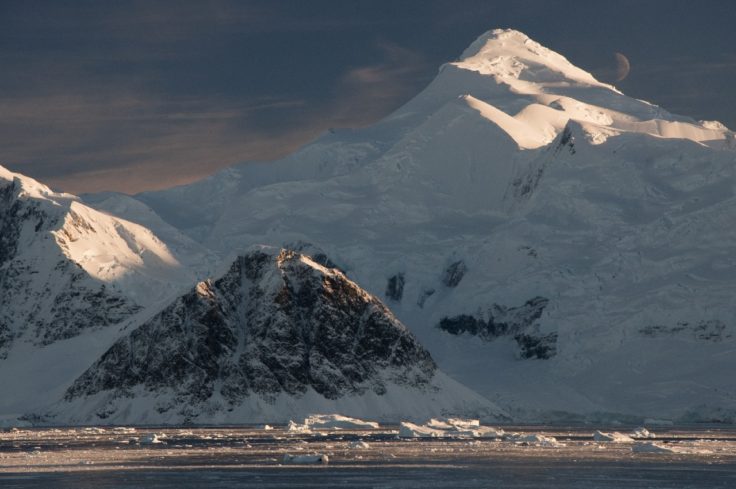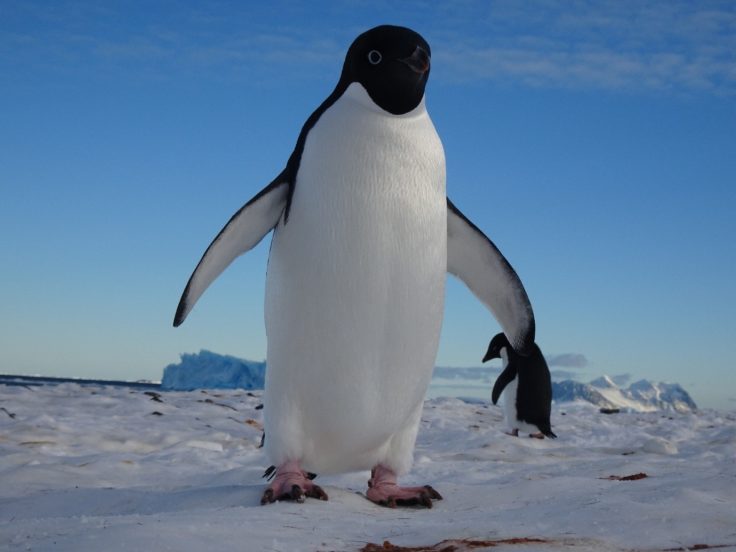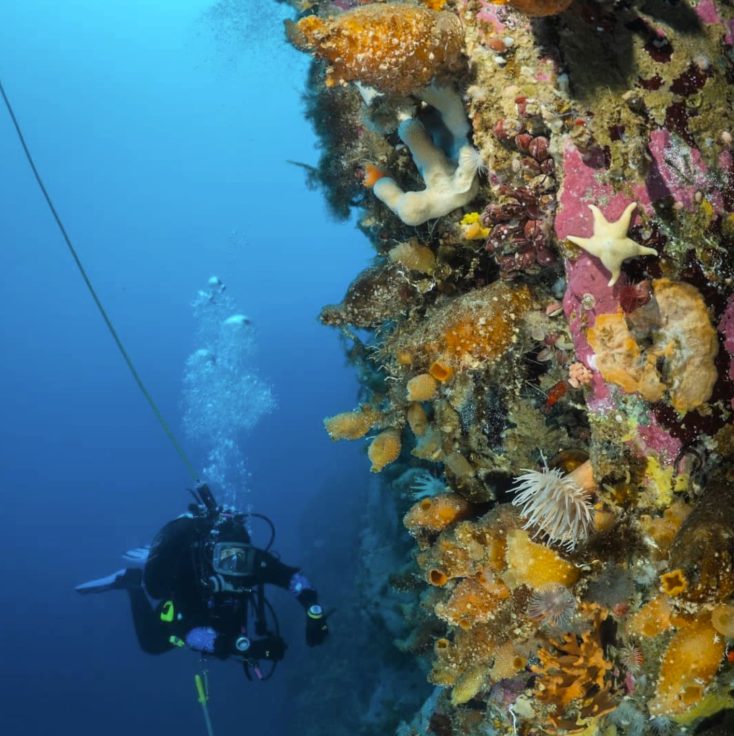As governments convene for the annual Antarctic Treaty Consultative Meeting (ATCM) June 14-24, 2021, an Expert Working Group1 of leading Antarctic scientists warns that climate change is pushing this remote polar region, which connects all our ocean basins and keeps our planet habitable, towards numerous tipping points with global ramifications for humanity and biodiversity.

"Antarctica is reaching critical thresholds and life around the world is in direct line of the cascading effects. Protecting areas that are most at risk due to climate change, like the Antarctic Peninsula, will not only help us revive biodiversity there but will help boost the resilience of far-flung marine ecosystems. It will also enable us to monitor the long-term effects of other human stressors, like fishing. By nurturing its health in this way, we nurture our own. By building its resilience to climate change, we boost our own," said Andrea Capurro, Visiting Research Fellow at Boston University and co-author of the report.
- The report, which is the result of a unique collaboration across scientific disciplines, identifies key interconnected Southern Ocean processes that are being impacted by climate change, and which will result in widespread changes well beyond the Antarctic region. These include: Increases in ocean temperatures leading to ice shelf collapse and global sea level rise
- Changes to ocean chemistry, with increased uptake of carbon dioxide causing acidification and possible disruption of food webs
- Changes to regional carbon storage and sequestration through the exchange of carbon between the atmosphere, plants and animals, and the ocean (a process known as the biological carbon pump)
- Impacts on species and ecosystem dynamics leading to biodiversity loss, altered biological processes, shifts in species' geographical distributions and changes in food-web dynamics, regionally and globally
BAS Ecosystem Scientist Rachel Cavanagh, who, along with BAS Marine Biogeographer Susie Grant, participated in the Expert Working Group added "It is imperative that climate-focused actions are built into conservation and management strategies for the Southern Ocean without delay. Discussions at this month's ATCM precede the 26th UN Climate Change Conference of the Parties (COP26), to be held in November this year, at which addressing the implications of climate change in Antarctica should be a high priority."

The report underlines that the Commission for the Conservation of Antarctic Marine Living Resources (CCAMLR), the multilateral organisation responsible for managing and conserving the region's marine life, can better take climate change into account in measures it adopts under the Antarctic Treaty System by:
- Expanding habitat protections by creating a circumpolar network of marine protected areas around Antarctica;
- Incorporating climate change considerations into existing fisheries management policies;
- Implementing a Climate Change Response Work Programme to build resilience and integrate climate change into all conservation measures;
- Re-emphasising the precautionary approach in its decision making to prevent irreversible changes to species found in its waters.
The report can be found here: https://www.wilsoncenter.org/publication/polar-perspectives-no-5-climate-change-and-southern-ocean-resilience.







